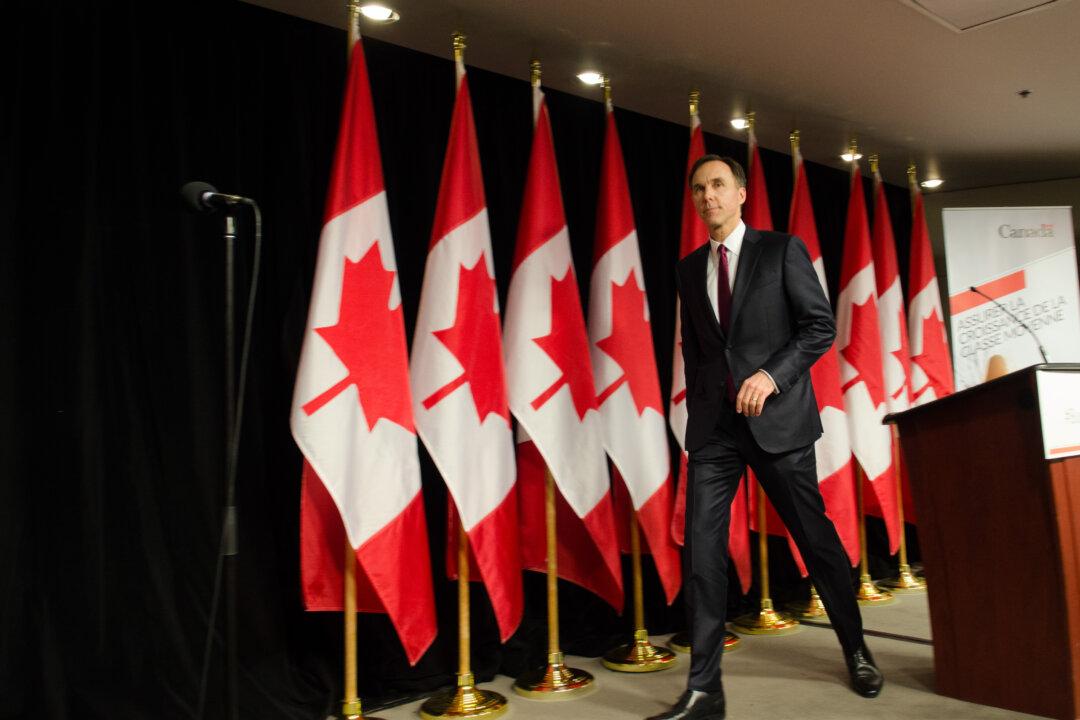OTTAWA—The Liberal government’s first budget takes a swing at shrinking Canada’s growing inequality and boosting the middle class. Progressives call it a step in the right direction, the Conservatives decry its deficit, and Parliament’s former finance watchdog wonders what it will really add up to.
Criticism over the projected $30 billion deficit is predictable and debatable, but the vagueness of who the budget serves is a different problem.
The government has declined to define—in a quantifiable way—who the middle class is. Nearly every Canadian thinks they are middle class, but it’s a much smaller group that benefits from signature measures like the soon-to-be-passed middle class tax cut.
Criticism over the projected $30 billion deficit is predictable and debatable, but the vagueness of who the budget serves is a different problem.





